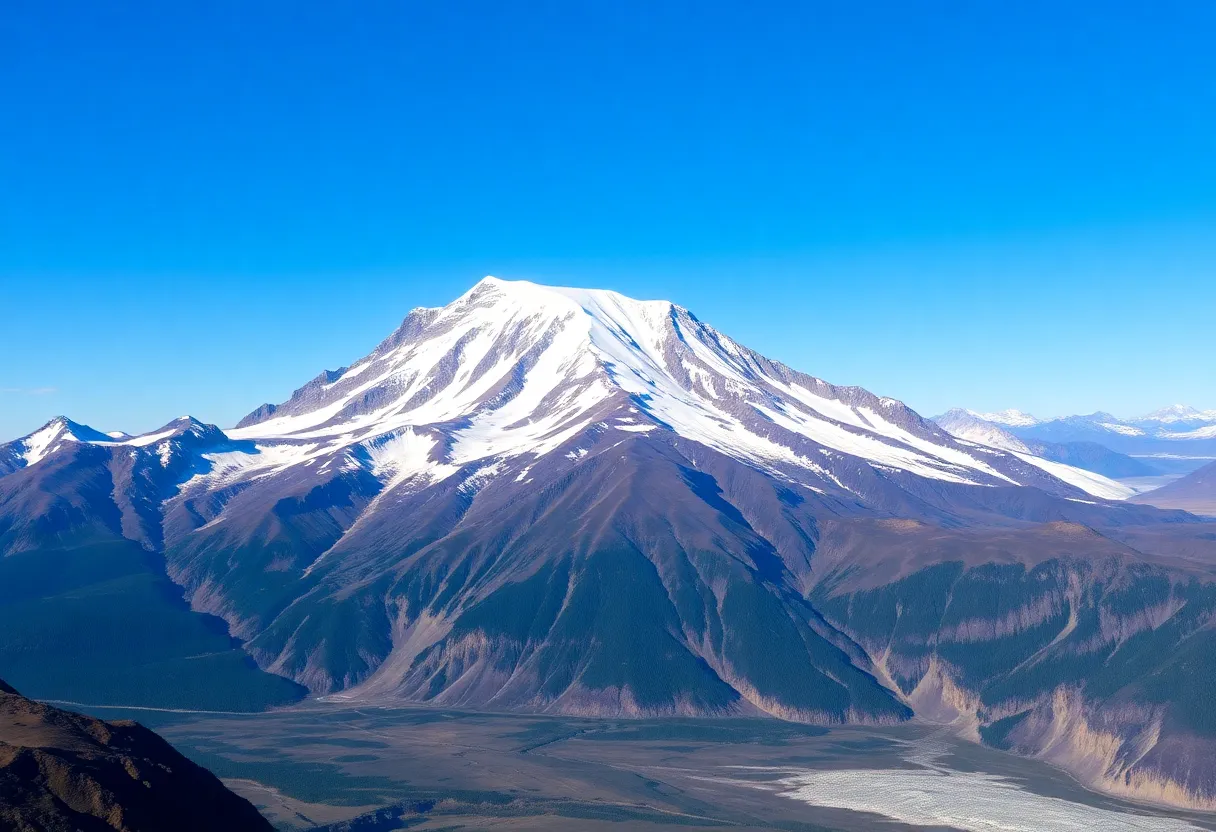News Summary
Donald Trump’s executive order to revert America’s highest peak’s name from Denali back to Mount McKinley has ignited significant backlash, especially among Alaskans. The name Denali, meaning ‘the high one’ in the indigenous language, carries deep cultural significance. Local leaders and historians argue against the change, emphasizing its colonial implications. With political figures divided and a majority of Alaskans expressing opposition, the debate continues about the mountain’s name and its historical significance.
Trump’s Naming Decision Shakes Alaska: Mount McKinley or Denali?
On his very first day in office, Donald Trump made a bold move that has stirred up quite a bit of chatter across Alaska and beyond. He signed an executive order to revert the name of America’s highest peak from Denali back to Mount McKinley. This decision has sparked an uproar, especially among Alaskans who feel deeply connected to the mountain and its original name.
The Heart of the Matter
So, what’s the story behind this mountain? Denali, a name derived from the language of the indigenous Alaskan people, translates to “the high one.” It holds significant cultural importance to the Native communities in Alaska. In stark contrast, the mountain was named Mount McKinley in 1917 after President William McKinley, who, mind you, never even set foot in Alaska. His legacy is primarily tied to pro-tariff policies that Trump felt deserved recognition.
In 2015, former President Obama made waves when he changed the mountain’s name back to Denali, as a way to honor the Native Alaskans before visiting the state. Trump’s rationale for reverting it back to Mount McKinley was based on a sense of patriotism, as he praised McKinley’s *historical contributions*, particularly in the realm of tariffs, which he believes built up America’s economy.
A Mountain of Opposition
However, many Alaskans are anything but thrilled by this decision. Take Jeff King, for example, a local celebrity who has claimed victory in the Iditarod race four times. He emphasized that in his community, hardly anyone supports the renaming, underlining the cultural significance Denali holds for Indigenous peoples. King’s sentiment reflects a broader sense of frustration, with many individuals opposing the name change outright.
Adding layers to this debate is local historical expert Steve Haycox. He pointed out that the name McKinley is often associated with colonial expansion and imperialism. With views like this among historians, it’s clear the name change isn’t just a legal issue; it’s steeped in layers of history and cultural identity.
Political Reactions
Among those keeping an eye on this situation is Alaska’s Governor Mike Dunleavy, who has expressed hope for a productive discussion with Trump regarding the mountain’s name. Former Governor Sarah Palin, who has shown her support for Trump, pointed out that the name change might be unnecessary. It’s quite clear that this topic has generated a ton of *bipartisan frustration* among local politicians, as a recent poll shows that 54% of Alaskans oppose the shift back to Mount McKinley.
A Tidal Wave of Change
Deeper Dive: News & Info About This Topic
- AP News: Trump’s Naming Decision Shakes Alaska
- Google Search: Mount McKinley Denali
- The Hill: Alaska House Resolution on Denali
- Encyclopedia Britannica: Denali
- Must Read Alaska: House Passes Bill for Denali’s Name Change
- Google News: Denali McKinley








